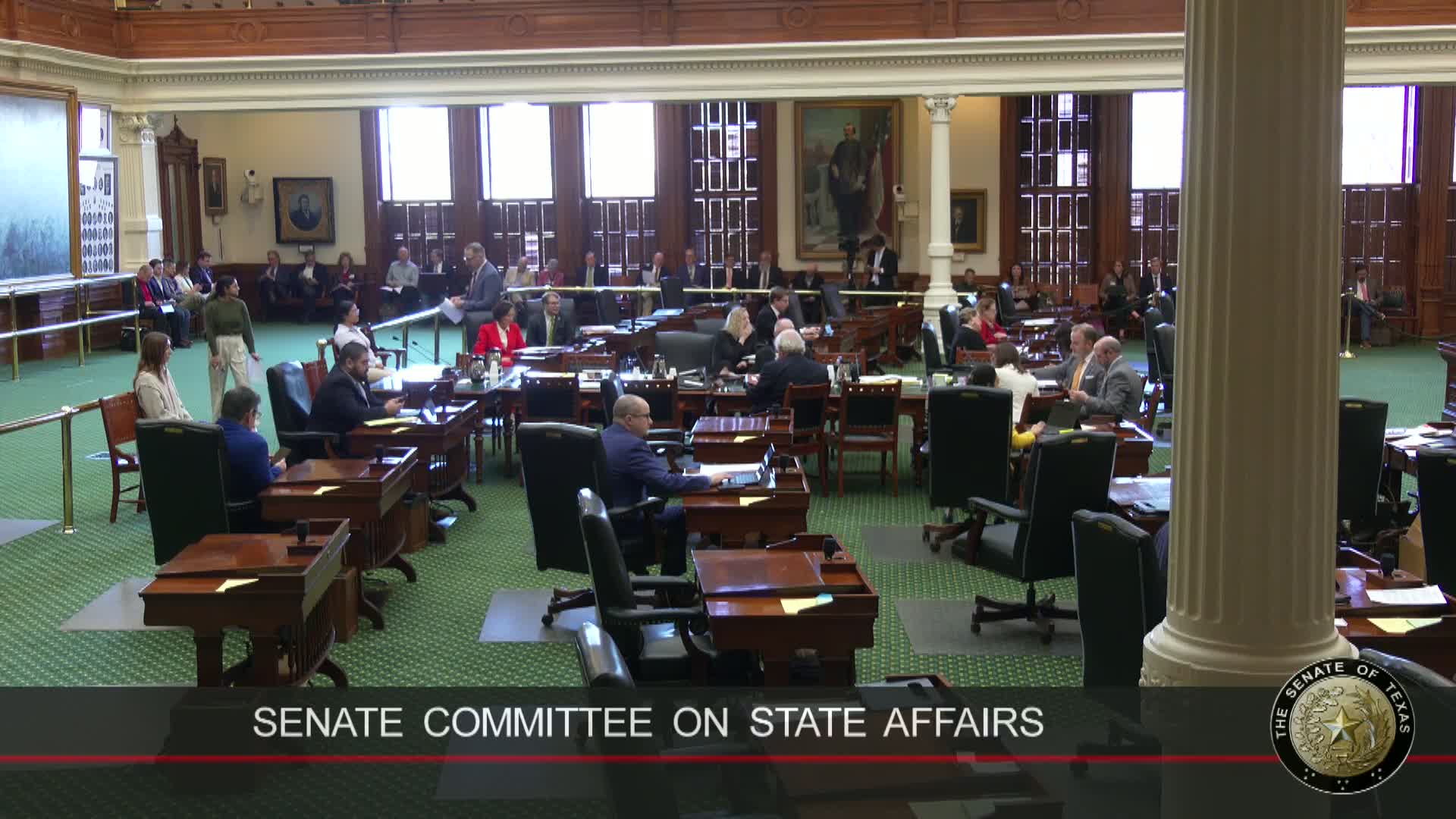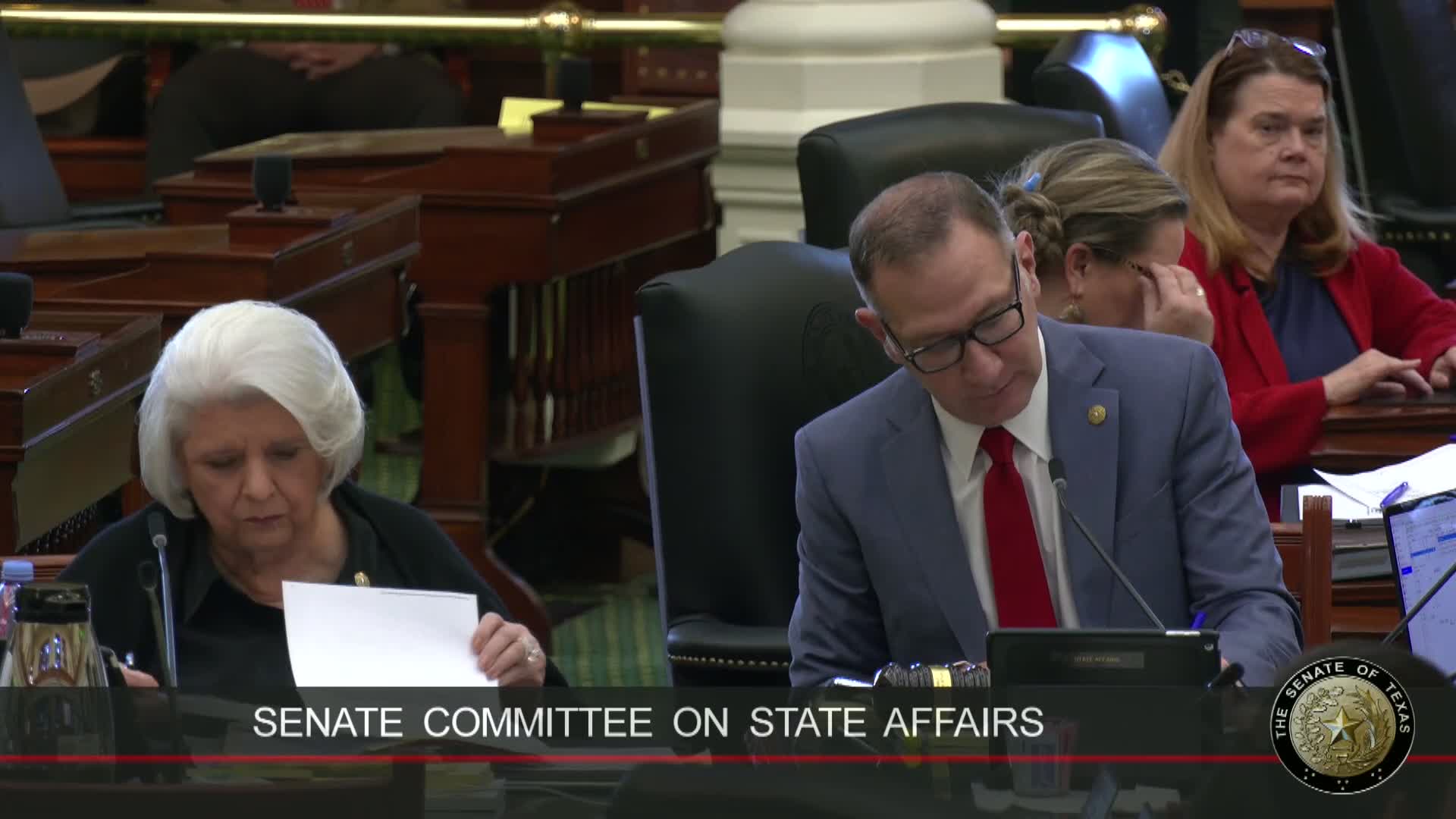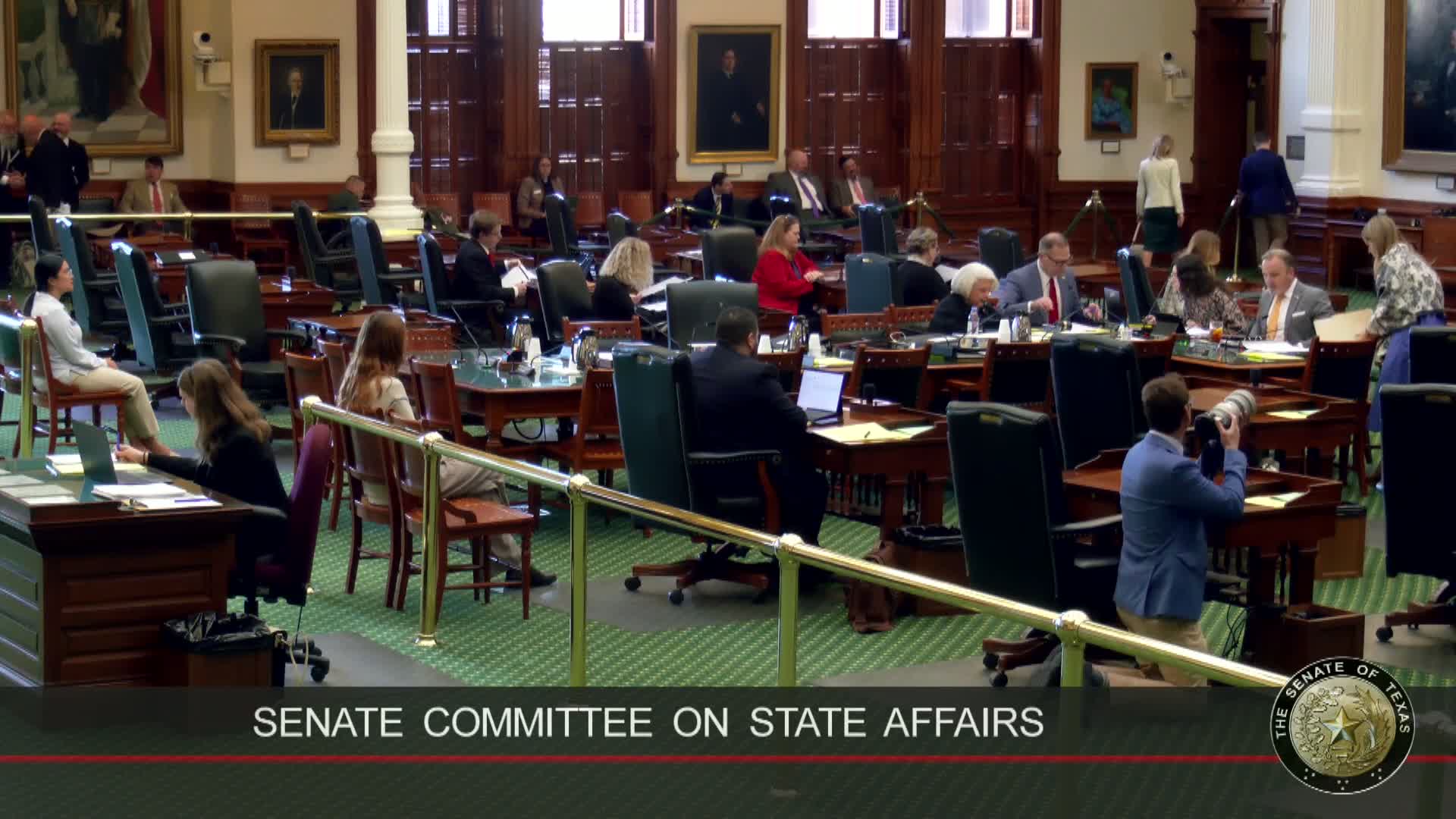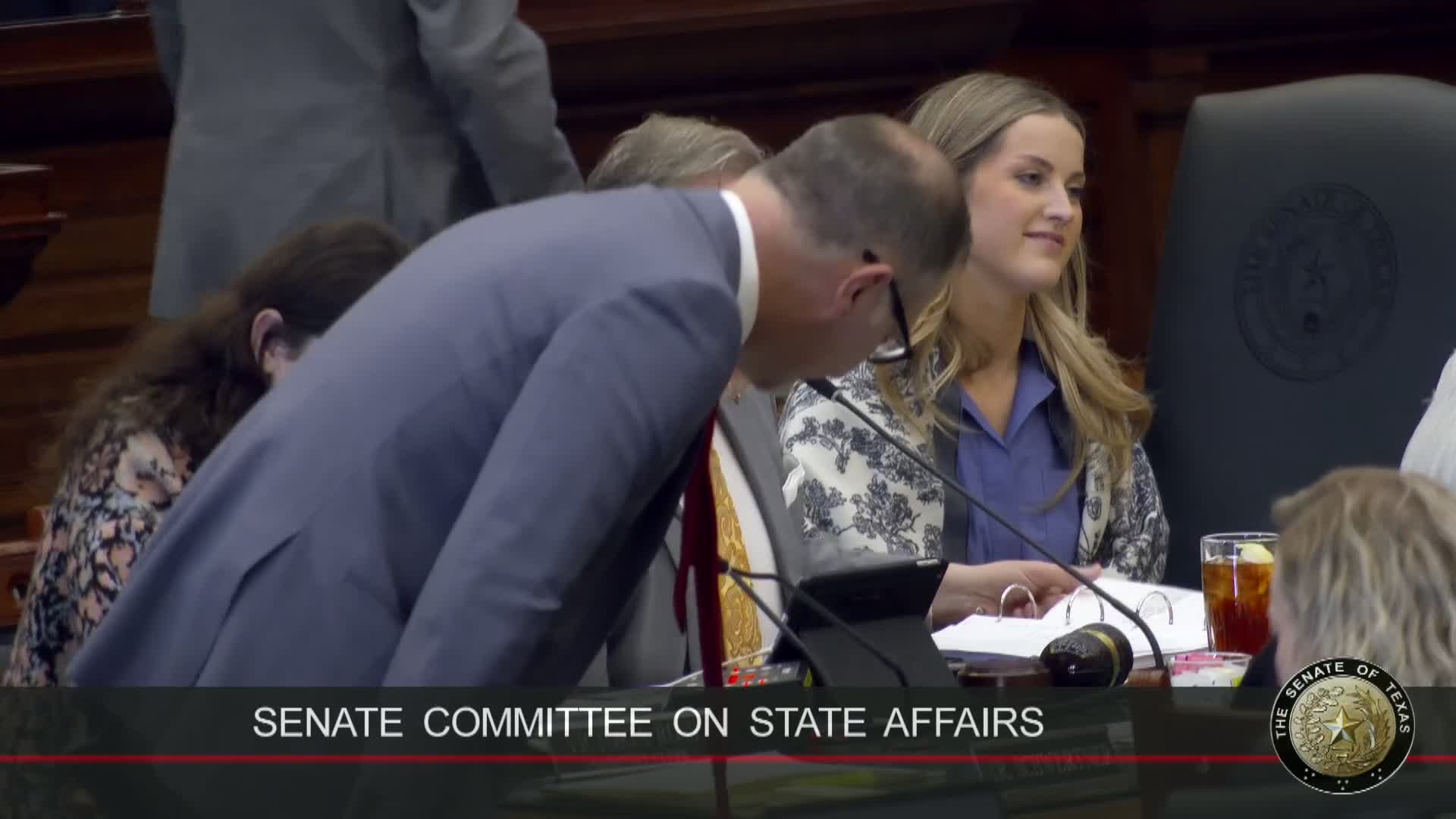Article not found
This article is no longer available. But don't worry—we've gathered other articles that discuss the same topic.

Supreme Court justice urges statute be aligned with constitution to remove writ jurisdiction ambiguity

Committee hears opposing views on bill to make Supreme Court final arbiter of rare constitutional splits

Committee reviews bill to allow Secretary of State access to DPS cross-state move data for voter list maintenance

